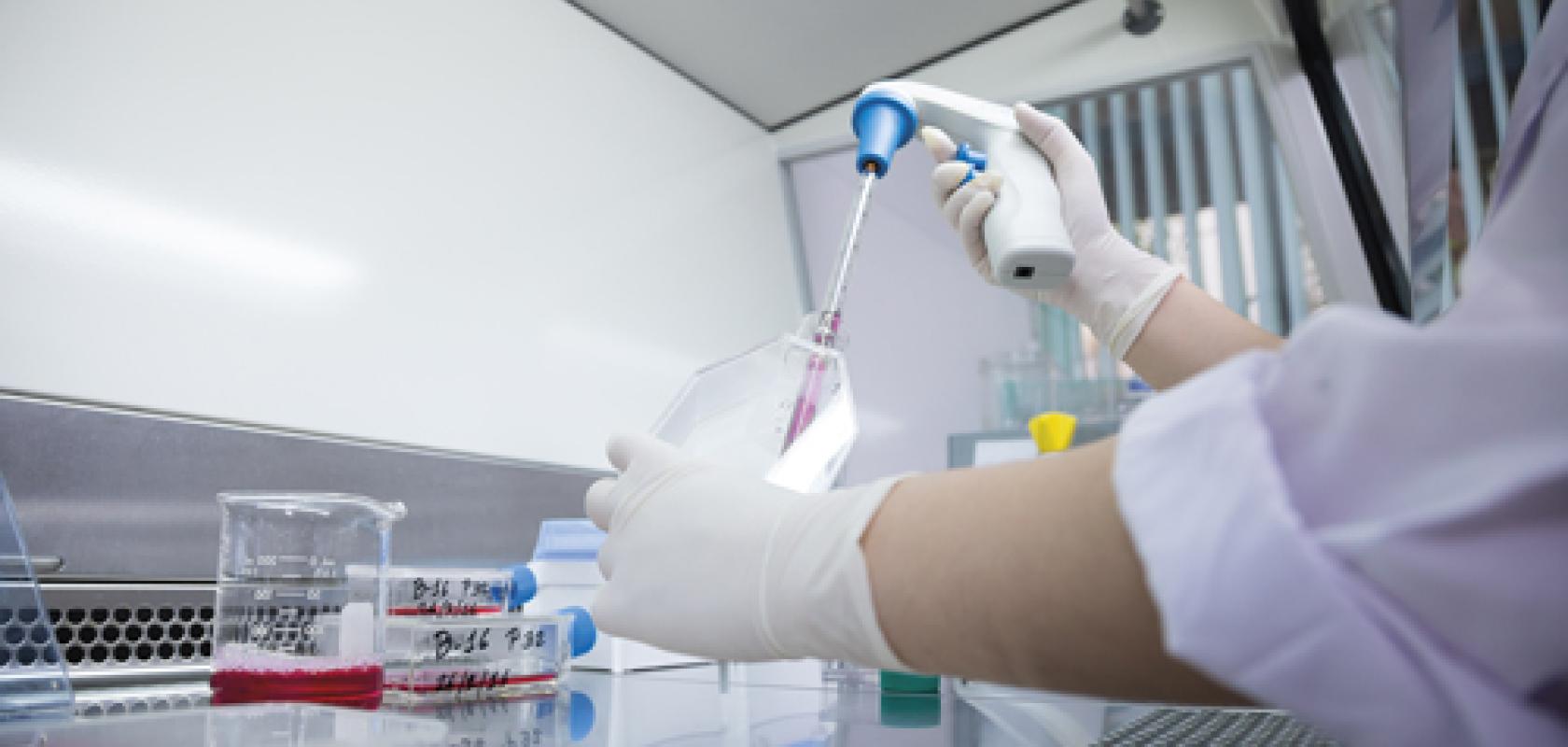Cyrus Biotechnology, a Seattle-based biotech software company has announced the release of a novel antibody structure prediction software tool as part of its Cyrus Bench platform.
‘Antibodies make up the majority of Biologics, and now Cyrus users can model new antibodies in Bench’ said Cyrus CEO Dr Lucas Nivon. ‘Antibody modelling in Rosetta was pioneered by a number of laboratories, especially that of Dr Jeffrey Gray at Johns Hopkins University, but those methods have remained difficult to access. Our new offering makes these applications significantly more robust and easier to use, so both laboratory biochemists and antibody engineers can rely on them.’
With this release, the most up-to-date protocols for or antibody modelling in Rosetta – a software suite which includes algorithms for computational modelling and analysis of protein structures - are available in Bench. This enables scientist using the software to work on a wider variety of common monoclonal antibody engineering problems. When combined with Cyrus’ protein modelling tools for predicting how protein mutations affect stability and affinity, these antibody prediction tools make possible complex workflows for improving efficacy or reducing potential liabilities in candidate antibody biologics.
The Rosetta antibody tools, successfully validated in the Antibody Modelling Assessment (AMA-II), have now been extended to accept a broader range of inputs without user intervention. Cyrus’ implementation uses machine learning to improve the accuracy of the antibody structure prediction workflow.
The new antibody homology modelling software is now available to subscribers to Cyrus Bench and to new customers who subscribe to the Cyrus Bench suite of tools.


